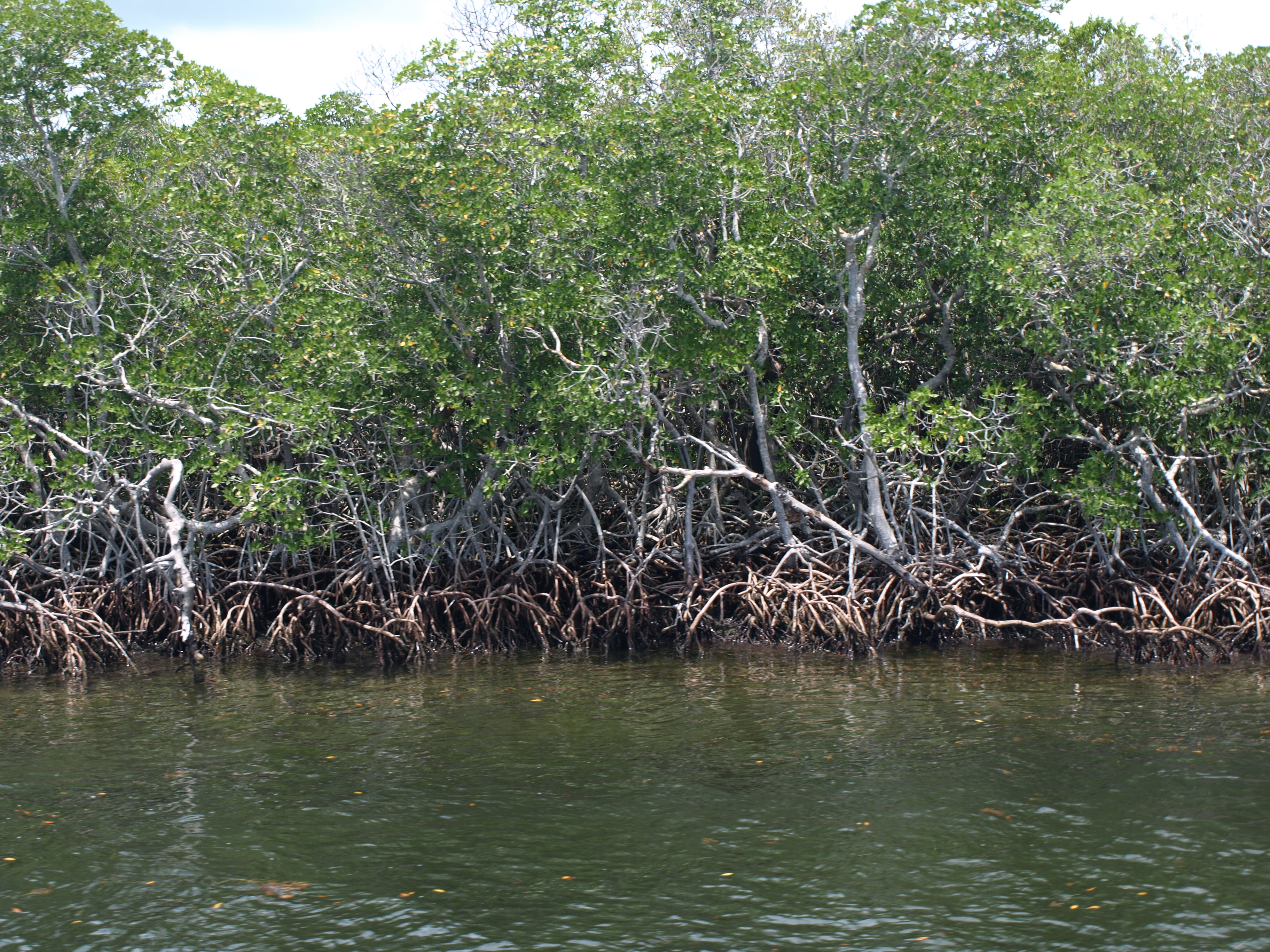Dieser Beitrag enthält Werbung – advertising.
We reached the body and the cross with a department rescue boat at 10:34 p.m. In the glare of searchlights, two divers jumped off the bow, freed the cross from a submerged tree, and glided it onto a sandpit, the waves rippling over the dead woman’s face. She was tied to the beams with clothesline. Her eyes were open; they were the same pale blue as Desmond’s.
Our sheriff was Helen Soileau. She had worked her way up from meter maid to detective grade at NOPD and later became my homicide partner at the New Iberia Police Department. After the city department merged with the parish, she was elected our first female sheriff.
Helen and a parameidc and Sean and I waded through the shallows onto the sand. Helen shone her flashlight on the body. “Jesus.”
I’d been wrong in my earlier description. The dead woman was not just fastened to the cross with clothesline. Her ankles were nailed sideways to the wood, which twisted her knees out of alignment with her hips. Helen stooped down and straightened the dead woman’s dress and untied her wrists. A paramedic unzipped a body bag. I squatted down beside the cross. “How long do you think the was in the water?”
from: The New Iberia Blues
Deep in the South
Welcome to … the USA!
It isn’t glamorous Miami, busy New York, the all-is-possible West Coast nor are there any streamlined men and women in dark suits driving unremarkable dark sedans or 4WD. Furthermore there are no control rooms with monitors, monitors, monitors and hyper-fast internet connections, not to mention access to any data base around the world and naturally to any observation camera in any side street anywhere. Forensic investigation teams being able to analyze who did the bloody murder as soon as they find a single hair – no.
Welcome to the deep South of the USA where white and black and any color in between are commonplace, where there is poverty, unemployment, alcohol, drugs and crime everywhere. It is hot and humid and every now and then there is a hurricane. There is the sea, there are big rivers with even bigger deltas, there are bayous and swamps … We are in Louisiana; its capital is Baton Rouge (not New Orleans), the major river is the Mississippi and the sea is the Gulf of Mexico.
… and I think that all these places automatically bring in your mind ideas about race discrimination and violence, Southern lifestyle, plantations and violence, illegal drug routes …
It seems that Dave Robicheaux is working at the police somewhere in the 50s or 60s, but it’s today. Robicheaux is rather old … born about end of the 40s – so today has a certain meaning. He was active in the Vietnam war and has nightmares of these years even today, worked later for NOPD (New Orleans Police Department) and moved to New Iberia years later. He experienced Katrina in 2005 … Let’s just say that he is now – today – at least end of 50 or beginning 60 – and let go. (By the way concerning his age he is remarkably fit!)
During all his long years in the police administration, mainly when working in the homicide department, he is confronted with violence and death, race discrimination and humiliating situations in prisons. Robicheaux tries to stay to his credos. He grew up in poverty managing to achieve a decent lifestyle living with ideas of law and order. In short: he tries to solve any case and make sure that the evildoer ends up with what he deserves: if prison, if hell.
It isn’t easy because there are weapons of any kind everywhere, anybody likes to act fast if there seems any trouble, any affront, any sexual assaults – not to mention any chance to enrich the own life. Investigations are lengthy. Nobody like to talk, everybody seems to be blind and deaf. All this happens amid deep racial prejudice. The police corps takes care of itself – corruption thrives and prospers; maybe today it’s somewhat more transparent what happens, but the past and its misconducts always care for trouble even if years or decade have gone by.
Another aspect are bloody serial killers who like to works over years in the bayous. Robicheaux has to deal with them when suddenly a corpse appears leading to another one … If suddenly strangely abused and tortured bodies appear which point to a psycho and his oeuvre. These cases are traumatizing Robicheaux even more when he or his family or his friends become targets.
Robicheaux has lost so far two wives. As I learnt there was another wife at the beginning of his career who never appears in the novels – and there is a fourth wife now. He has an adopted daughter who appears in the novels from the age of five, when Robicheaux rescues her from a sinking private plane in the bayou, until today, when she is a lawyer turned writer at about end of 20s or beginning 30s. His best buddy is Cletus, with whom he worked at the NOPD concerning homicide cases. Cletus resigned and became a private investigator. He and Robicheaux are often injured when dealing with awful murderers.
How does Robicheaux investigate? He knows his people, he knows his grounds. He remembers a lot from the past decades when he grow up and lived somewhere in New Iberia. When dealing with a case he at first talks to anybody who might have an idea about the crime – and usually he’s on the right track. In short: technical or scientifical based methods are not in his repertoire; his boss, by now the first female sheriff, keeps him on a long leash knowing that Robicheaux will succeed in the end.


